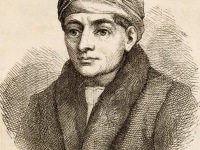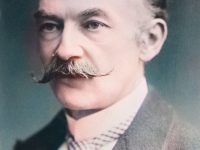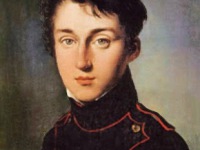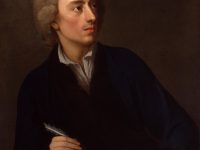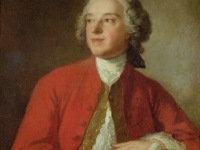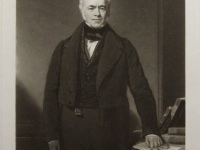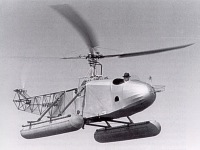Probably the Most Popular Video Game Ever – Space Invaders!
In early June 1978 – we have not been able to determine the exact date – the famous arcade video game Space Invaders designed by Tomohiro Nishikado was released by the Japanese Taito Corporation. Space Invaders is one of the earliest shooting games and the aim is to defeat waves of attacking aliens with a laser cannon to earn as many points as possible. As the invaders were shot down one by…
Read more


